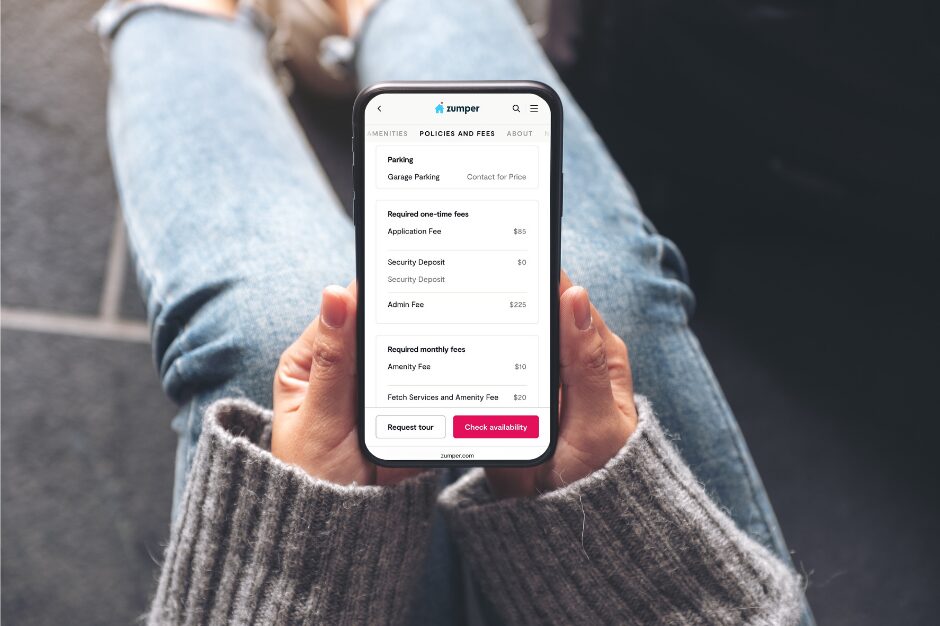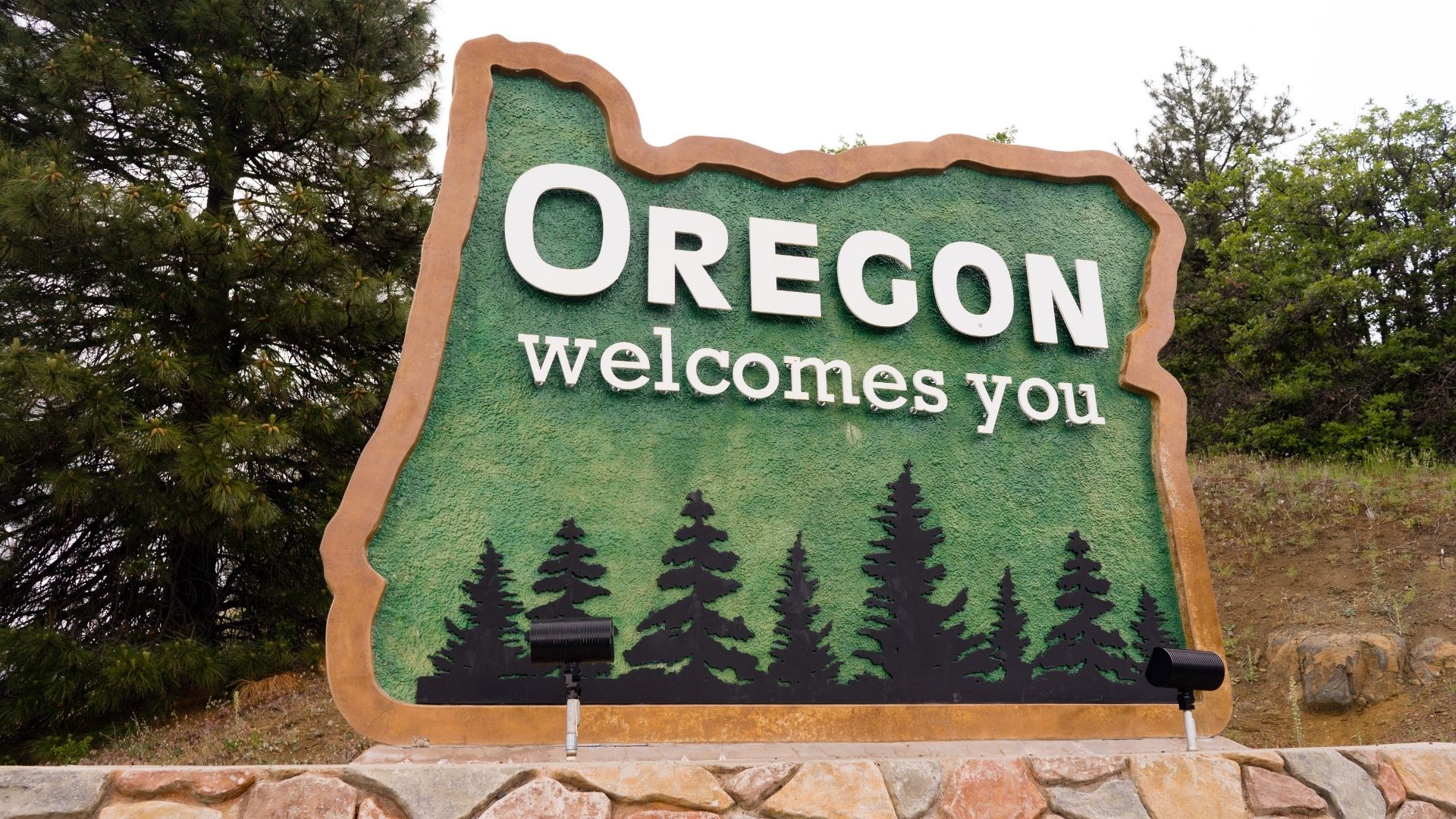
Disclaimer: This article does not constitute legal advice. You should not use it as a substitute for legal advice from a professional.
Every landlord in the state should have a clear understanding of Minnesota’s rental laws and regulations. This information is crucial to protect both the landlord and renter. Make sure you have a thorough knowledge of Minnesota rental laws so you can operate safely and legally in the state. This guide will walk you through the essentials that you need to know.
A guide to Minnesota rental laws and regulations
- Leases, rent, and fees
- Security deposits
- Notices and entry
- Utilities
- Pet laws
- Disclosures
- Business licenses
- Eviction
- Court information
- Resources
- FAQs
Leases, rent, and fees in Minnesota
The state of Minnesota requires a written lease agreement if the building contains more than 12 rental units or the renter’s tenancy will last for 12 months or more. The renter must receive a copy of any written lease agreement. Renters must also receive a copy of any:
- Outstanding inspection orders that include a citation
- Outstanding condemnation orders
- Declarations that the property is unfit for habitation
What to include in a Minnesota lease
- Monthly rent amount
- Rent due date
- Where to pay rent
- How to pay rent, including acceptable methods of payment
- Who pays for utilities
- Late fees and policies
- Any warnings for rent adjustment
Rent Control
No city, county, or town in Minnesota may control rents on properties unless an ordinance, charter amendment, or law receives approval in a general election.
Landlords may not change the rent for a property unless the landlord provides the tenant with proper written notice of one rental period plus one day. Landlords may not raise the rent at any point during a definite term lease unless the lease agreement allows the landlord to do so.
Late Fees
Minnesota landlords cannot charge a late fee for rent that the renter doesn’t pay on time unless the renter and landlord have a written agreement specifying how the landlord will handle late fees. This agreement must state:
- Fee amount
- When fee will be assessed
You may not charge more than 8% of the overdue rent payment as a late fee unless a greater fee is part of a federal program.
Screening Fees
You may charge a screening fee to prospective renters. You must use this fee to check the renter’s references. You may not charge a screening fee if you know that no rental unit is available at that time or that none will be available in the reasonable future. You must screen prospective renters in the order in which you receive their screening fees. You may not use an individual’s screening fee until you have either rejected all prior applicants or all prior applicants declined the unit when offered.
If you reject the applicant or approve a prior applicant who accepts the unit, you must return the screening fee. You must also return any portion of the screening fee that you don’t use to obtain tenant screening reports or consumer credit reports.
If you accept a screening fee and reject the applicant, you must notify the applicant of the rejection within 14 days and specify the reason for the denial.
Security deposit and deposit management in Minnesota
Minnesota landlords may require a security deposit from their renters. There is no limit on the total that you can charge as a security deposit. If you have a periodic tenancy, you may change the amount of the security deposit at any time with advance written notice. The typical notice period is one rental period plus one day.
Returning security deposits
You must return any unused portion of the security deposit with 1% simple non-compounded interest. Security deposits can be used to cover missing rent or damages.
As the landlord, you must return the security deposit within three weeks of the termination of residency. However, it needs to be returned within five days of the time the tenant left the building if the building becomes condemned for reasons unrelated to the renter’s irresponsible, willful, or malicious behavior.
Notices and entry regulations
Residential tenants in Minnesota have a right to privacy. Landlords in Minnesota may only enter a renter’s premises for reasonable purposes after making a good faith effort to provide the renter with reasonable notice. The renter may not waive their right to this notice. The law does not require reasonable notice if you need immediate entry to:
- Determine a renter’s safety
- Prevent injury to persons or property
- Comply with local ordinances regarding unlawful activity within the residence
Reasonable purposes for entry permissible with advance notice include:
- Showing the unit to a prospective buyer, prospective tenant, or insurance representative
- Completing maintenance work
- Allowing health, housing, fire prevention, housing maintenance, or building inspections performed by state, city, or county officials
- Investigating disturbances within the unit
- Investigating a reasonable belief that the tenant is violating the lease agreement
In senior housing facilities where at least 80% of the residents are age 55 or older, entry is permitted for prearranged housekeeping work.
Minnesota utility laws
Minnesota landlords may choose to pay utilities themselves or dictate that renters are responsible for this expense. You must include all agreements regarding utilities in the lease.
Utilities in Single-Metered Residential Buildings
If you’re renting a single-metered residential building, you must provide the total utility costs to all prospective renters for the most recent calendar year. You must also have an equitable method to divide the total cost of utilities among renters and detail this method in a written lease agreement. The lease must also include a provision stating that you will provide the tenant with a copy of the building’s utility bill upon request. You must keep a copy of all utility bills for the last two years or from when you purchased the building, whichever is more recent.
If you have a single-metered building, you must provide renters with written information about the potential availability of energy assistance programs for low-income homes by Sept. 30 each year.
Minnesota pet laws
Landlords may allow or disallow pets at their discretion except for service animals. As the landlord, you must allow service animals regardless of size or breed. You must permit the service animal anywhere that renters and guests are typically allowed to go.
You may not charge a pet deposit for service animals. However, you can charge the renter for damages caused by the animal.
If you choose to allow other animals on the property, you should detail your rules and requirements for pets within your lease agreement.
Required disclosures
Minnesota law requires landlords to provide renters with the name and address of the person authorized to manage the premises and the owner of the premises (or owner’s authorized agent). The landlord must provide this in writing and may include it in the lease. This disclosure law does not protect renters who sublet or move out of their unit without providing the owner with 30 days’ notice.
Minnesota business licenses
Minnesota requires a rental license for any dwelling that the owner is not occupying. This applies even if a family member who isn’t paying rent currently occupies the unit. You can apply for a rental license in person at the Minneapolis Development Review or by mailing your application to:
Department of Regulatory Services
Rental Licensing
250 S. 4th St., Room 300
Minneapolis, MN 55415
The state assesses license fees based on the number of units and the property’s tier. The state uses 13 factors to determine a property’s tier. These include:
- Housing or code violations
- Inspections
- Administrative citations
- Conduct on the premises
Licenses run from March 2 to March 1 each year. The state sends out renewals in late January, and landlords must submit renewal fees by March 1.
As the landlord, you must:
- Place a “Who to Call” poster in a conspicuous place on your rental property
- Notify the Department of Regulatory Services of any changes to information on the application within 10 days
- Notify renters or potential renters of any pending mortgage foreclosure or cancellation of a contract for a deed on the property on the license
Eviction laws in Minnesota
A landlord must bring an Eviction Action against the tenant to evict them from a rental property. This legal proceeding takes place in a district court. At least seven days before the court hearing, someone other than the landlord must serve the renter with a summons ordering the renter to appear in court. You must have a legitimate reason to evict a renter, such as:
- Nonpayment of rent
- Breach of the lease agreement.
- Refusal to leave after receiving a proper notice to vacate.
- Engaging in illegal activities on the property.
If the judge finds that there is sufficient cause for eviction, they will order the renter to vacate the unit. The renter may request a period of up to one week to move if they are not a serious threat or nuisance to other renters and can prove that moving immediately will cause substantial hardship.
If the judge finds in favor of the landlord, but the only cause for eviction was unpaid rent, the renter may remain in the unit if they pay:
- The amount of rent that’s overdue
- Interest (if charged)
- A $5 attorney fee if the landlord used an attorney
- Costs of the action including the filing fee, process server fee, and witness fees where applicable
The judge will issue a Writ of Recovery when they hand down the decision. Law enforcement officers can physically evict a renter 24 hours after the renter has received the Writ of Recovery. As the landlord, you cannot legally proceed to evict the renter yourself under any circumstances physically.
Minnesota court information
The district courts in Minnesota handle landlord and renter issues. You can find your district court online or use the following links for more information.
- Minnesota Judicial Branch: Find Your Court
- Minnesota Judicial Branch: Landlord Resources
- Minnesota Judicial Branch: How to Prepare for Trial in Housing Cases
Additional resources for Minnesota landlords
It’s essential to understand your obligations thoroughly. Keep in mind that individual cities and counties may have different laws and regulations for rental properties. The following links can help you better understand Minnesota’s rental laws:
- Landlords and Tenants Rights and Responsibilities, from the Office of the Minnesota Attorney General
- Minnesota Legislature: Chapter 504B. Landlord and Tenant
- Office of the Minnesota Attorney General: Other Important Laws
- HUD: Tenant Rights, Law,s and Protections: Minnesota
You are subject to state statutes, local ordinances, federal law, and housing codes. Take the time to review these thoroughly before you begin renting any type of home, apartment, or other units to ensure that you’re protecting yourself as well as your renters in the best way possible.
FAQs about rental laws in Minnesota
Does Minnesota require a written lease agreement?
Yes, if there are more than 12 rental units or if the tenancy will last 12 months or more.
Can landlords in Minnesota charge a late fee?
Yes. If a late fee is listed on the written agreement, stating how much and when it will be assessed.
Is there a limit on the security deposit in Minnesota?
No. With written notice, a landlord can charge any amount for the security deposit.
Does a landlord have to get permission to enter the rental unit?
A landlord in Minnesota is required to make a good faith effort to provide the renter with reasonable notice before entering the unit, with the exception of emergencies.
Does Minnesota have pet laws for renters?
No. The landlord decides whether or not to accept pets and any policies for pets, except for service animals.



